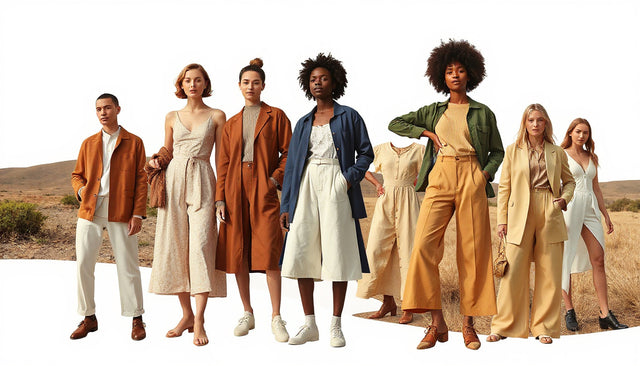A Better Way to Market Sustainable Products: Key Insights for Consumer Brands
Consumers now prefer sustainable products. Companies face a hard task to serve this demand. NYU Stern’s Center for Sustainable Business and PwC share research. Their work shows how marketers can use clear, sustainable claims to boost products.
The Business Case for Sustainable Products
Research shows sustainable products win in the market:
- Sales of sustainable products grew 12.3% each year from 2019 to 2024. This rate is more than twice that of other products.
- By 2024, these products made up almost 24% of consumer packaged goods sales across 36 categories.
- Many consumers pay about 9.7% more for goods made sustainably.
- Actual data shows an average premium of 26.6%. Some products, like paper, have a premium over 100%. Others, such as coffee, cereal, and chocolate, hold around 50%.
Targeting the Right Consumers and Categories
Certain buyers drive the sustainable market. Millennials, college graduates, urban residents, and high-income buyers choose these products much more. Some categories, like dairy, show strong sustainable sales for every age group. Marketers must know which group will buy a specific sustainable product.
Crafting Appealing, Credible Messages
Good marketing puts quality and clear claims at its core. The product’s main quality—like taste, effect, or feel—must stay in focus. Adding one or two clear sustainability points boosts appeal by nearly 30 percentage points. The strongest messages connect to benefits. They help by protecting health, saving money, supporting local farms, securing a better future, caring for animals, or using local sources.
Claims that mention only science, traceability, or generic packaging are less strong. Even official certifications do not push a purchase by themselves.
Ensuring Trust with Precision and Evidence
Vague terms such as "clean," "natural," or "safe" can cause problems. They may invite legal risks and hurt trust, especially for products made for children.
Companies must use clear, precise claims. They should back each claim with proof and science. They must follow rules like the EU’s Corporate Sustainability Reporting Directive and the upcoming Green Claims Directive. These rules demand clear evidence. Companies can also build strong supply chain checks and traceability systems to support their claims.
Conclusion
Marketing sustainable products well requires clear business logic and smart consumer insights. It needs messages that link product benefits with sustainability and build trust with strong evidence. Companies that use these clear steps can meet consumer needs and grow with sustainable products.
Authors: Tensie Whelan, Distinguished Professor at NYU Stern and Founding Director of the Center for Sustainable Business; David Linich, Sustainable Operations Principal at PwC US.
Design Delight Studio curates high-impact, authoritative insights into sustainable and organic product trends, helping conscious consumers and innovative brands stay ahead in a fast-evolving green economy.






















0 comentarios